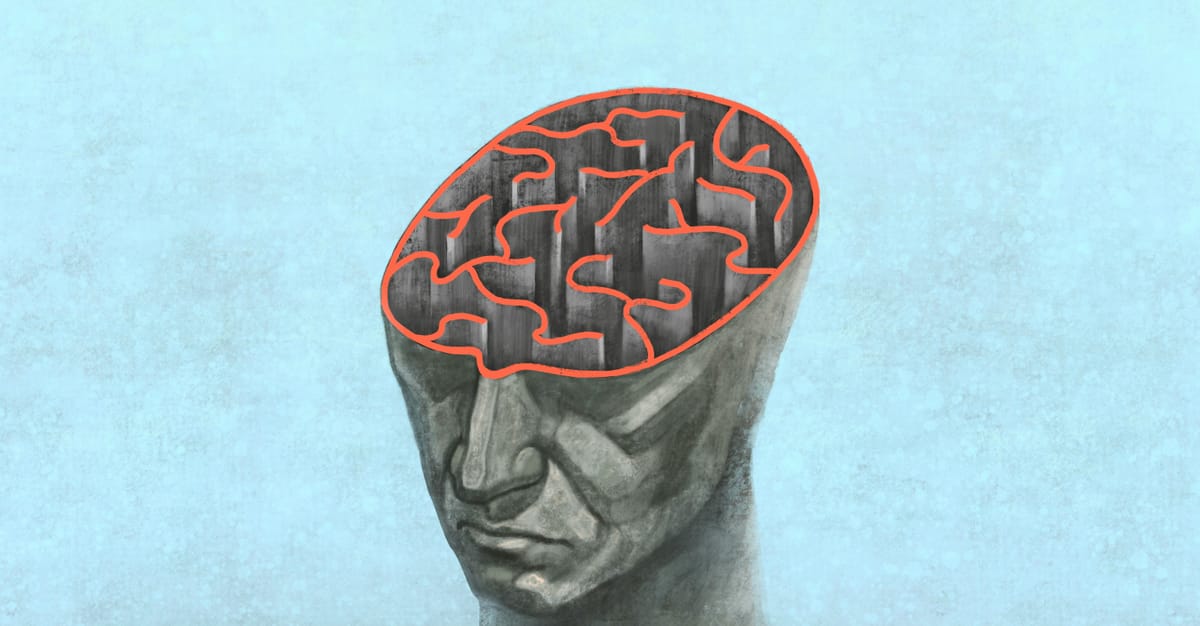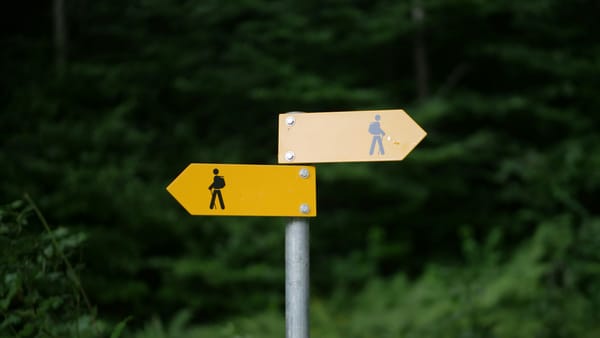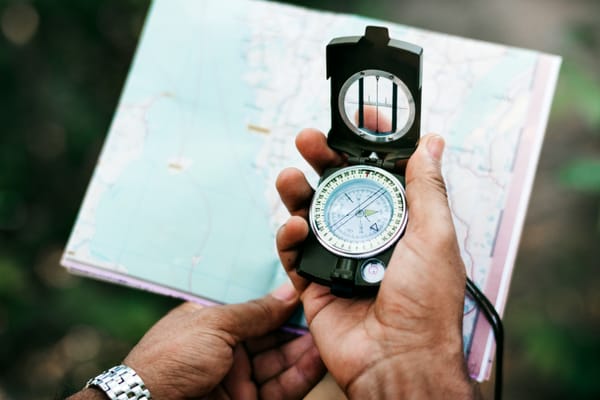The Freedom to Be Different
For many years, I quietly carried the weight of feeling “not smart enough.” Freedom came in learning it was ok, even preferred, to be different.

I always felt dumb.
I'm not sure anyone ever called me that, but I felt it. Deep down. Especially in school.
What I've now learned, things that would've allowed me extra help or accommodations, was never named when I was growing up. ADHD wasn't even formally diagnosed until 1980, the year before I graduated high school. Until then, kids were just labeled "hyperactive."
I never fell into the traditional "hyper" category. Not outwardly. But inside my brain? It was chaos. Some kids acted out. Others, like me, kept it hidden and adapted.
Because I didn't know what was wrong with me, I just thought I was dumb.
My grades were okay early on — even excellent in some cases — but as I got older, the struggle became obvious. Maintaining focus. Following instructions. Listening in real time.
I needed more time. More space. More explanation. Those things are still true today.
There are people who can riff on any topic, banter in the moment, articulate ideas with quick, confident clarity. That's not me. Never has been. My recall is slower. My mind likes space.
How that showed up in my life was the number of conversations I left thinking: I wish I'd said that. Why didn't I think of that sooner?
Didn't matter what level of my career I reached — it still happened. Sometimes I'm sure people thought I didn't care. And I'd circle back later, trying to reopen the conversation. But often, I didn't say what I really thought. I didn't want them to think I was dumb.
So I developed strategies. Keep it light. Crack a joke. Control the narrative.
I didn't want to be surprised in a meeting. If there was a controversial subject, I'd socialize it first. Run it by my boss. Test the waters. That way, I wouldn't get caught off guard.
Was it a coping skill? Yep. Was it annoying to some? Probably. But it worked.
And over time, things got easier. In part because I kept climbing the ladder. I leaned into leadership and sought out management roles. That decision helped me compensate for my struggles.
And it also exposed my strengths.
What Saved Me
Thinking back on it, relationships saved me.
I got really good at building them. Listening. Understanding. Paying attention to people.
I learned early on to surround myself with smart people. Back in school, I'd find the smart kids and sit near them. Ask for help. Learn through others. That's still part of my leadership DNA: build a qualified team, then support them and get out of their way.
I found out I wasn't dumb. I just learned differently.
And "smart" wasn't about knowing everything. It was about adapting. Reading people. Connecting dots others didn't see. Creating space where others could thrive.
Many of the soft skills I now rely on came directly from what I thought were weaknesses. The intuition. The curiosity. The ability to see nuance. Even the desire to overcommunicate — those are rooted in my need to feel secure in a conversation. And they've become strengths.
Finding Perspective
Realizing I think differently was a big moment for me. Not "wrong." Not "less than." Just... different.
I've always been fascinated by Leonardo da Vinci. We might've shared more than a few traits: possibly ADHD, deeply curious, creatively restless. He never fit the mold. And he never tried to.
Who wants to be normal, anyway?
That's when I discovered freedom from the story I'd been telling myself for years. Freedom from trying to fit into someone else's definition of smart. Freedom from apologizing for needing more time, more space, more explanation. (Honestly, I'm still learning this one).
I still need lists. I still misplace things. I still get distracted. I still have half-done projects around the house.
But I don't call myself dumb anymore.
I know what I bring to the table. I know how to lead. I know how to adapt. I still surround myself with intelligent people — and now they lean on me, too. That's the part that's most validating: knowing I've built something out of what I once thought was broken.
The freedom to think differently isn't just about accepting your quirks. It's about recognizing that the very things you thought disqualified you might actually be your greatest assets.
If I Could Go Back
If I could talk to the younger version of me, here's what I'd say:
It's ok to not be ok. This isn't your fault — and you're not alone. Keep writing. Keep thinking. Keep wondering.
You're not broken. You're wired for something different.
And that? That's your freedom.




